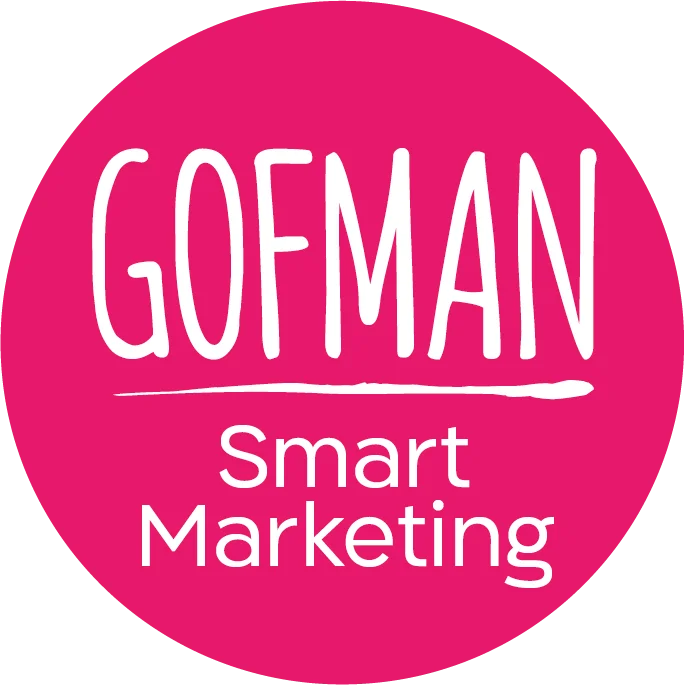


Hours are becoming more flexible, privacy is secondary, and the elderly are storming the web. How will the health-cultural trauma affect the world of products and services? Why isn’t this the time to innovate? And how do you turn the “do-it-yourself” experience from an industrial lemon into a marketing lemonade?
By: Guy Ronen
Game changer. As worn-out as this concept may sound to us. It is pulled out with every budget, new feature, or just a version update that appears in the app store. Still, it is difficult to find an event that suits it more than what the world is experiencing now. The coronavirus is indeed a “game changer,” and not only in the sense that it sent a third of humanity to lock themselves in their homes and who knows how many millions to lose their livelihoods. It is precisely when the numbers go down and life begins to return to its course, or to some kind of course, that the real game changer begins.
Such a radical and sudden change in circumstances and lifestyle, in culture and leisure, in learning, in family experience and of course in the management of the economy and business, also entails a cultural change. The consumer and marketing implications of this are far-reaching. Admittedly, some phenomena will disappear, but others will not be in a hurry to leave our lives. For marketing professionals of all kinds, and in particular those involved in digital marketing, there are threats in this – but also plenty of opportunities. Here are some phenomena and trends that are very worth identifying and preparing accordingly.
We did it. Ourselves
Look at us: baking, cooking, sewing, mending and making creations with the children. We even somehow managed with our hair. We wouldn’t want to throw these hobbies, not to mention the abilities we suddenly discovered in ourselves, away with the pandemic (and not just because what the hell are we going to do now with all the yeast, coconut and pasta machines we bought).
When it comes to economic potential, for better or worse, the DIY world is a force multiplier. It’s not certain, for example, that the surge in traffic to websites offering tutorials was a one-time thing. Instead of fighting it, we need to find ways to jump on this bandwagon and see how it serves our business.
New habits, old brand
So if there’s one thing that the coronavirus has forced us to do, it’s to adopt new habits. We’re willing to try harder, to dare more, to push boundaries we thought we had. But let’s not get confused: it’s mostly about hobbies, behaviors, and here and there, technology. When it comes to the brands we consume, the tendency is to trust those we’ve been with – who have been with us – long before and during the crisis.
Branding and marketing experts identify a clear trend across the board: from trendy and adventurous – to the well-known and familiar; from “the next thing” – to the proven and tried-and-tested. This is probably not the perfect time to launch completely new products and services (which means that veteran firms have a built-in advantage here). What is? This period should be used to strengthen existing brands, retain customers, and do homework on their consumption habits: what bothers them, what they think needs improvement, and how we can calm their already jumpy minds at this time.
We’ve become flexible
The work environment during the coronavirus pandemic is a drama in itself. The two-meter distance, which we will probably have to maintain between us for a significant period of time, has already given rise to questions about the end of the open space era. But even without going too far, there is no doubt that employees and employers have gone through something – and have seen that it is possible to do things differently. At least for certain industries, it is difficult to exaggerate the significance here.
If the same achievements can be achieved from home, if working hours can be adjusted to personal life, if a better balance can be struck between family and career – many will be happy, or forced, to adopt a new model. A model that in many cases has even proven to be more effective – fewer discussions, fewer marathon meetings, less exhausting correspondence and “office chatter” for the same output. A model that has also accelerated quite a few areas – from distance learning from kindergarten to university to online group brainstorming games.
Privacy for health
Information security has been and remains one of the hottest areas of the Fourth Industrial Revolution, and Israel is known to be a force in the field. What may change, and in fact is already changing before our eyes, is our willingness to give up some of our privacy in order to increase our chances of staying healthy.
In Israel, far-reaching surveillance measures have been implemented to monitor patients, analyze their epidemiological trajectory and locate those who have come into their environment using cell phones. At the same time, technology giants like Google and Facebook, which have previously faced accusations from users, journalists, and lawmakers of blatant privacy violations, are scrambling to help themselves with surveillance. It is worth taking this into account in marketing and advertising messages, at least in the near future.
Welcome to Digital
Not all of us were born digital. Some of us – especially in our third age, but certainly not only – were not really connected either. Despite the queues, traffic jams, strikes, and limited opening hours, we sought human, direct service. Then came the coronavirus…
During the months of quarantine, retail chains experienced a dramatic surge in orders. Ecommerce interfaces simply collapsed along with delivery services. A similar phenomenon occurred in telemedicine services, banking, and government bureaucracy. None of this is surprising. However, surveys revealed that tens of percent of those applying online in the spring of 2020 were doing so for the first time in their lives. It turns out that when there is no choice, even the most hardcore digital resisters discover the web, and once they do – the sky is the limit. Or at least the cloud.

I am here to help you navigate the site and answer any questions about Gofman.
What do you want to ask?אם יש לכם שאלות נוספות, נשמח לענות עליהן בטלפון 03-7711141 או שתשאירו את הנייד שלכם, ואנחנו בהחלט מבטיחים לחזור אליכם בהקדם.